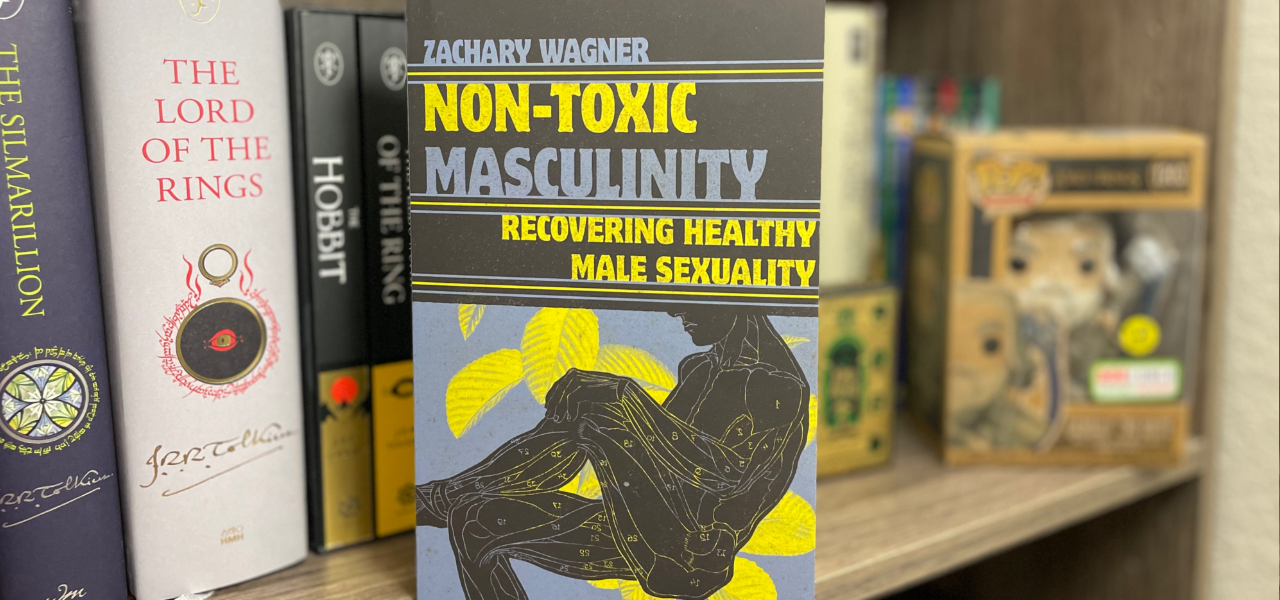The Growing Tension: A Holy Tuesday Meditation

If you thought yesterday had its tense moments, wait until you get through today. Tuesday of Passion week is full of drama. The morning starts off pretty regular. The disciples rise early and begin the hike from Bethany back into Jerusalem. On the way, they pass the fig tree that Jesus cursed the day before. The disciples point out that the entire tree has withered. (Mark 11:20-21). Jesus uses this as an opportunity to teach on faith.
Mark 11:22-25
Jesus replied to them, “Have faith in God. Truly I tell you, if anyone says to this mountain, ‘Be lifted up and thrown into the sea,’ and does not doubt in his heart, but believes that what he says will happen, it will be done for him. Therefore I tell you, everything you pray and ask for—believe that you have received it and it will be yours. And whenever you stand praying, if you have anything against anyone, forgive him, so that your Father in heaven will also forgive you your wrongdoing.”
What an amazing promise. And what a needed promise! Faith was going to prove to be much needed in the days ahead for the disciples. Initially, it may seem like they missed the lesson, but later in the book of Acts, we see that this truth sank in as we witness the confidence they had in Jesus and the Holy Spirit. Would to God that we had this type of confidence in God as we pray.
As Jesus and his disciples enter Jerusalem the chief priests, scribes, and elders seem to be waiting. They have their tests ready. They want to either publicly discredit him and end this whole charade or find a reason to arrest him. Either way, they were determined to stop Jesus.
Initially, they challenge Jesus’s authority. But Jesus doesn’t bite. He turns the tables (see what I did there) by stumping them with a question of his own. He makes them choose between believing John the Baptist’s message or upsetting the crowd of people who believed John to be a prophet. Jesus then proceeds to teach three parables; one about two sons, a vineyard owner whose son is brutally murdered, and a wedding banquet. Each of these parables drove home the point that the religious leaders were rejecting their Messiah and the kingdom of God was going to people they considered “outsiders.” (Matthew 21:28-22:14) Jesus also demonstrated how this was actually a fulfillment of prophecy. As he explains his second parable Jesus says…
Matthew 21:42-44
Jesus said to them, “Have you never read in the Scriptures:
The stone that the builders rejected
has become the cornerstone.
This is what the Lord has done
and it is wonderful in our eyes?
Therefore I tell you, the kingdom of God will be taken away from you and given to a people producing its fruit. Whoever falls on this stone will be broken to pieces; but on whomever it falls, it will shatter him.”
Here he quotes Psalm 118:22-23. And this upsets the religious leaders even more. They knew what he was saying (Matthew 21:45-46) but didn’t know what to do because they were afraid of the crowd. So they try to trap Jesus into supporting Rome and thus ruining people’s expectation of him overthrowing Rome, or saying people shouldn’t pay taxes and then giving them a reason for arresting him. But Jesus again skillfully avoids the verbal bait by saying give to Caesar what was Caesar’s and God what was God’s, leaving them stumped and amazed. (Matthew 22:22)
Then the Sadducees (who didn’t believe in the resurrection of the dead) question Jesus about marriage in the afterlife. They didn’t believe in the afterlife so this was clearly a set-up. But Jesus rebukes them because they are demonstrating that they don’t know the Scriptures (there is no marriage in the resurrection) or the power of God (he can raise people because he is the God of the living!) And so in a last-ditch effort, the Pharisees combine forces with the Sadducees and send in a scribe with a question that will really stump him. What is the greatest commandment in the law? (Matthew 22:36) Jesus replies…
Mark 12:29-31
Jesus answered, “The most important is Listen, Israel! The Lord our God, the Lord is one. Love the Lord your God with all your heart, with all your soul, with all your mind, and with all your strength. The second is, Love your neighbor as yourself. There is no other command greater than these.”
Then something surprising happens. The scribe actually agrees with Jesus. Jesus tells him that he isn’t far from the kingdom of God. Unfortunately for the religious leaders, this was not how they expected their day to go. Every time they thought they could discredit him it backfired.
Jesus then proceeds to warn this listening crowd about these religious leaders. In Matthew’s account, it’s a scathing rebuke. They like to make a big show of their religion, but their “worship” is all for show. They actually make it harder for people to find God. All they seek is position and power. He pronounces woe after woe to them for their fake religion and neglect of true religion-justice, mercy, and faithfulness. Jesus teaches that true greatness is found in serving.
Matthew 23:12
Whoever exalts himself will be humbled, and whoever humbles himself will be exalted.
Lines have been drawn. There is no going back. As the dramatic day winds down and Jesus is once again leaving Jerusalem, the disciples marvel at the impressive buildings they are walking past. But there is coming a day when there will be nothing. Jesus teaches them about the end of the age, the great tribulation to come, and his second coming. He then returns to where the day began - the fig tree. Just as they could look at a tree and know that summer is near when they saw these signs they could know that his return was coming. The purpose was for them to stay vigilant and faithful. And that call extends to us today. So as we continue our march through Passion Week, let’s renew our call to be vigilant and faithful.




